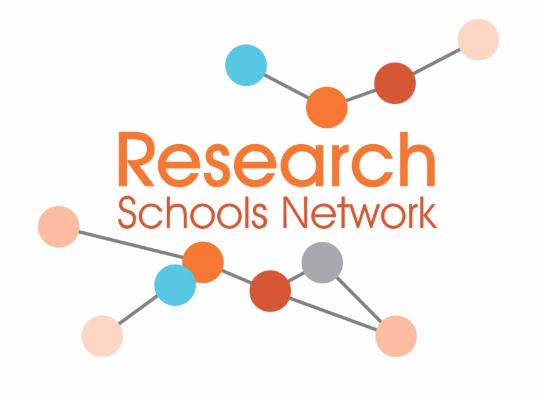This article is written by Bella Pattinson, Learning Resources Manager (Librarian) at Notre Dame High School, Norwich.
At Notre Dame High school our approaches to reading have been shaped by a range of EEF Guidance Reports including those for Secondary Literacy and for SEND. Like many schools, this has led us to more rigorous assessment of reading ages, careful implementation of targeted reading interventions and, more widely, teaching that breaks down and explicitly teaches component knowledge and skills (explicit vocabulary instruction for example).
This important work has not pushed out our other aim for our young people: that they become life-long readers. Careful implementation of literacy strategies does not come at a cost of cultivating reading for pleasure. In this blog, our librarian unpacks what that means in practice…
Put simply Reading for Pleasure is any time a pupil reads of their own volition (whether a blog, a novel, an article etc.) When we talk about reading for pleasure in school, what we’re really talking about is how to develop an appreciation and love of reading that goes beyond the classroom and lasts a lifetime. No pressure!
The DfE Reading Framework states clearly that ‘making sure [pupils] become engaged with reading from the beginning is one of the most important ways to make a difference for their life chances.’
There is an abundance of research out there as to the benefits of reading but I’ll summarise some of the key points I like to share with my students.

